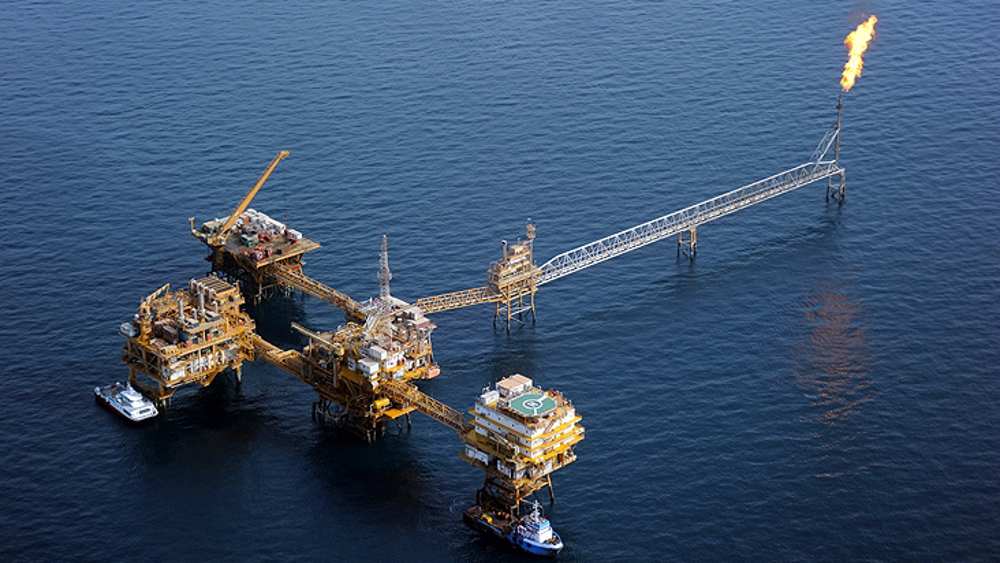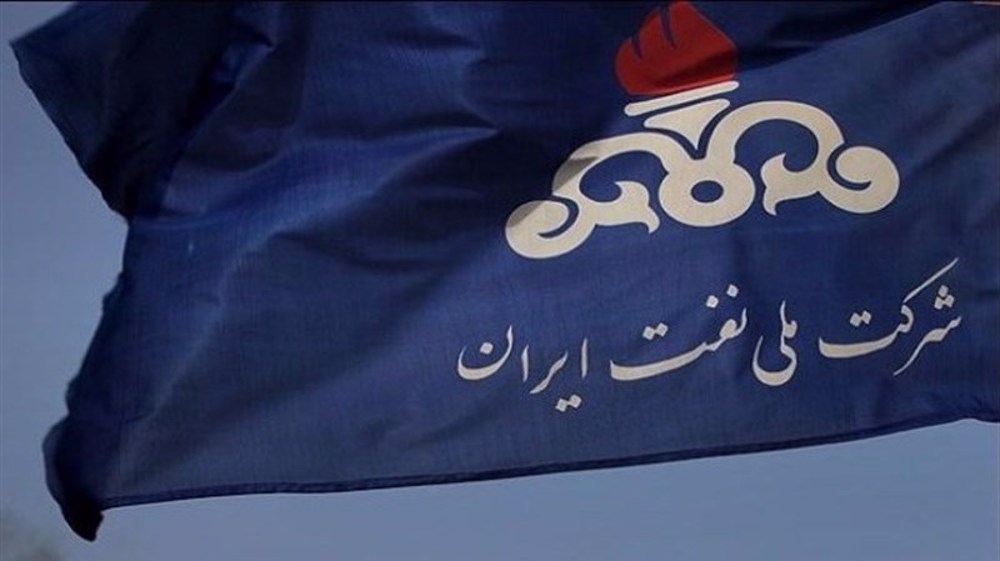US sanctions to help China buy more Iran oil: WSJ
The US government is expecting Iran’s oil clients to sharply cut imports from the country under the threat of sanctions but senior American officials believe China is likely to buy even more Iranian crude.
China is Iran’s top crude oil buyer, which imported around 655,000 barrels a day on average from the country in the first quarter of this year, according to official Chinese customs data.
The world’s No. 2 economy is gearing up to take more and “vacuum up much of the Iranian oil that other nations won’t buy because of the threat of US sanctions,” the Wall Street Journal reported, citing a senior US government energy official.
Tehran is currently in negotiations with Chinese companies to ensure further deals, an Iranian official told the paper, stating that his country did not have any problem selling its oil to China.
Iran is well-placed to rise to the occasion when China needs an extra 500,000 barrels a day in 2018 and 400,000 barrels a day in 2019, according to the International Energy Agency’s latest monthly report.
China, Iran’s biggest trade partner, will reportedly facilitate purchases through its Bank of Kunlun which has very limited exposure to the US financial system and its dollar.
Chinese buyers currently deposit payments for Iranian oil at Kunlun. During previous sanctions the bank processed tens of billion dollars worth of oil transactions with Iran, mostly in euros and Chinese renminbi.
New sanctions also give China leverage to demand oil imports be priced in yuan as the world’s largest importer of crude, in a further blow to the dollar’s liquidity.
China launched yuan-denominated Shanghai futures in March, offering an alternative international oil benchmark not priced in dollars.
The launch has created a lot of enthusiasm among international companies seeking to tap China's bustling commodity markets, while Beijing hopes the Shanghai contract will eventually rival international benchmarks Brent and WTI.
Economists have said the US sanctions can potentially accelerate the process of establishing a 3rd oil benchmark and provide an alternative platform to market oil cargoes for countries like Iran and Russia which are under Western sanctions.
Apart from buying oil, China has a stake in Iran’s massive oil and gas projects, including in the promising Azadegan field.
State-owned energy major CNPC is already on course to take over Total's stake in the giant Iranian South Pars gas project after the French company said it was abandoning the scheme.
China’s interest in Iran’s oil industry is driven in part by the mammoth “One Belt, One Road” project. Iran lies at the crossroads of the project which aims to invest more than $1 trillion in infrastructure from railroads and ports to energy, in more than 60 countries spanning Europe, Africa and Asia.

Key well launched at Phase 11 of Iran’s South Pars gas field

Iran can rely on its hydrocarbon resources for 100 years: NIOC

US intel report: Iran ‘not building nuclear weapon’
VIDEO | British Medical Association cancels pro-Palestinian doctor’s speech
Trump admin. to freeze Brown grants, impose Harvard restrictions over pro-Palestinian protests
VIDEO | Yarmouk demonstrations condemn Israeli attacks on Syria, Palestine
VIDEO | Indian parliament approves controversial Muslim Waqf law
Yemen's army targets Tel Aviv, downs Giant Shark F360 drone in Sa’daa amid Israel’s genocide in Gaza
Islamic scholars issue fatwa urging Muslim nations to support Palestinian resistance
VIDEO | Trump trade war
Houthi: Intensified US aggression against Yemen failed









 This makes it easy to access the Press TV website
This makes it easy to access the Press TV website